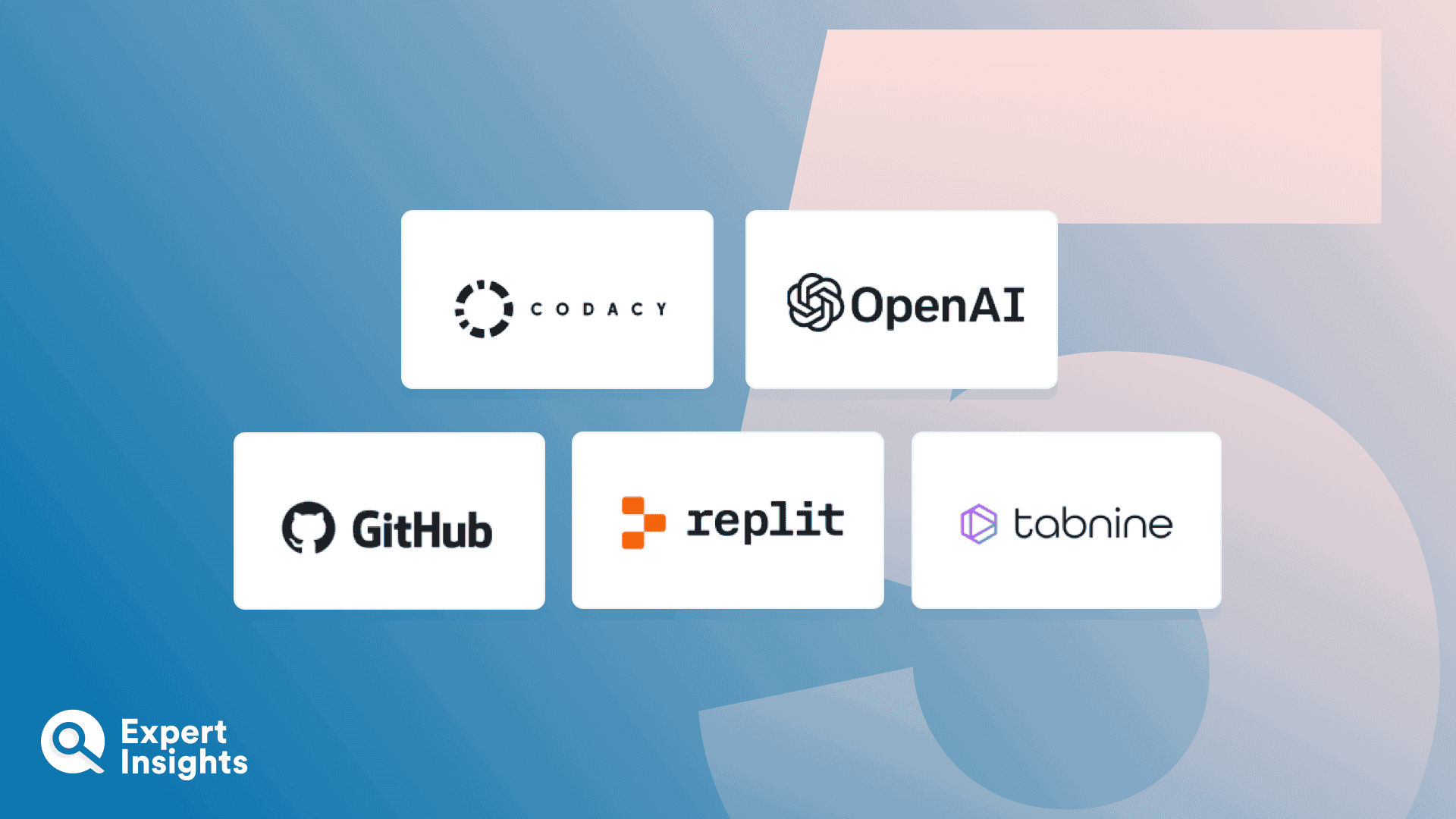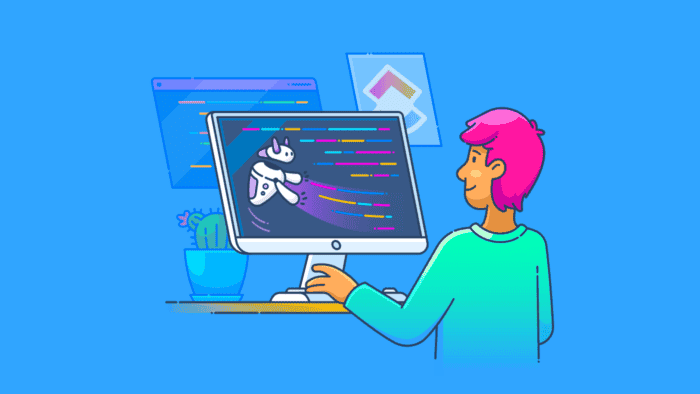The way coding has changed over time is because of AI, which is making coding different. Back in the early 1980s, computers were only for specialists and a small group. But when new devices like the Sinclair ZX Spectrum came out, the link between humans and machines started to form. As tech advances, AI-powered coding tools are changing how coding works.
When has this begun?
Back when computers did the math, engineer Douglas Engelbart’s “big demo” changed how we saw them—from solo gadgets to teamwork for tough human problems. This change matches the gradual use of AI models in coding methods.
Diverging from automation and other coding tools, AI-powered coding tools employing generative AI can create novel code and suggest solutions based on natural language cues or existing code. These tools use big language models (LLMs) to decode data by spotting and linking patterns. Transformer-based models have a big role in this,

LLMs learn by seeing lots of code and human words. For instance, GitHub Copilot is a generative AI tool built upon these models. It provides fitting code suggestions based on context. The context inside LLMs changes how they understand and reply.
Devs are adopting AI-powered coding tools in diverse ways. These tools help convert old code, boost coding speed with smart suggestions, and create new solutions for tricky tasks. Plus, they help make tests, increasing coverage and safety.
Generative AI brings a new way to engage, boosting creativity, solving problems, and making coding smoother. The impact of AI that generates things on making software is varied and full of promise. This includes getting more work done, thinking up fresh solutions, and getting better at what you do. The impact of AI that generates things on making software is varied and full of promise. This includes getting more work done, thinking up fresh solutions, and getting better at what you do. This begins a new phase in software creation, reshaping how devs work and the coding environment.
Evolution of Coding Tools: From Autocomplete to AI Generation
Tools for coding changed. First, simple suggestions. Now, smart AI. Easy to use. In contrast to the early versions, AI-powered coding tools can construct intricate code from scratch by using patterns learned from lots of open-source code. Change helps devs talk to AI. Say what is needed. AI makes fitting code.

Let’s take a look at some AI tools.
DeepMind’s AlphaCode AI Takes the Lead
DeepMind’s AlphaCode AI, Alphabet’s branch, changes coding. It works with humans, does hard things, and impresses coders.
Diverging from OpenAI’s Codex, AlphaCode thrives by addressing coding intricacies. It draws from GitHub’s coding standards, enabling it to transform task descriptions into functional code solutions. The way it works is by creating many code solutions and choosing the best ones using test cases and similar outputs. This sets AlphaCode apart.
The outcomes underscore AlphaCode’s supremacy, solving around 34% of problems compared to Codex’s single-digit success rate. It outperformed 45.7% of programmers in coding competitions, highlighting its real-world potential.
AI tools like GitHub Copilot and ChatGPT are helping engineers work better and faster. They give code ideas, offer explanations, and make solutions better. Using AI in teaching makes learning easier and better.
Still, problems remain. AI lacks human insight. Good AI needs rules. Ethics and rules matter.
How Copilot is Reshaping the Coding Landscape
Copilot, a groundbreaking coding auto-completion tool driven by OpenAI’s text generation technology, was introduced on GitHub in 2021. It’s popular among coders, with data from millions showing its coding benefits.
On average, users embrace Copilot’s AI-generated suggestions around 30% of the time, highlighting its valuable code snippet predictions. When users learn the tool, they use its ideas, especially new devs.
Nevertheless, there’s a caveat. Despite developers’ concerns, a study from Stanford University reveals that AI-generated suggestions might lead to more coding errors. This underscores the complexity of integrating AI into coding workflows. Copilot’s suggestions rely on patterns, which can introduce errors, reflecting the broader issue of excessive reliance on automation seen in aviation and self-driving cars.
Beyond coding, the impact of generative AI presents a mixed picture. While it makes some things better, it also brings up issues about content quality and relying too much. Despite these hurdles, the technology holds promise in realms like customer service and developer assistance.
Vanessa Freudenberg, Croquet.io’s co-founder and chief architect, claims she utilizes GitHub Copilot in her everyday development using Visual Studio Code. She describes how it works.
If I write the line:
let x = this.leftMargin + this.width / 2;
it will automatically suggest the next line:
let y = this.topMargin + this.height / 2;
And it understands that “width” and “left” must be replaced by “height” and “top”. That will save me a lot of typing time.
The Pros and Cons of AI-Powered Coding Tools
Dive into the world of AI-powered coding tools and you will discover a number of pros and cons that affect today’s programming environment. On the positive side, these complex technologies offer a number of benefits. By making code automatically, they save engineers time and improve overall output, marking a big step in coding progress. These tools teach new coders, making hard code easier to get.
While the benefits of AI-driven coding are obvious, there are many cons as well. First, the devs report on the accuracy of AI-generated code. For instance, the current tools have achieved only about 37% accuracy. In other words, devs have to inspect the code and do not trust AI completely. Worries about copying code raise questions about ethics and consequences in AI coding. We need to consider AI’s potential and talk about its use in line with ethics and full impact.
In summary, the adoption of AI-powered coding tools brings with it a range of benefits and drawbacks that herald a new era of transformative potential, but at the same time require a careful approach to maintain both efficiency and ethical integrity in the programming landscape.





